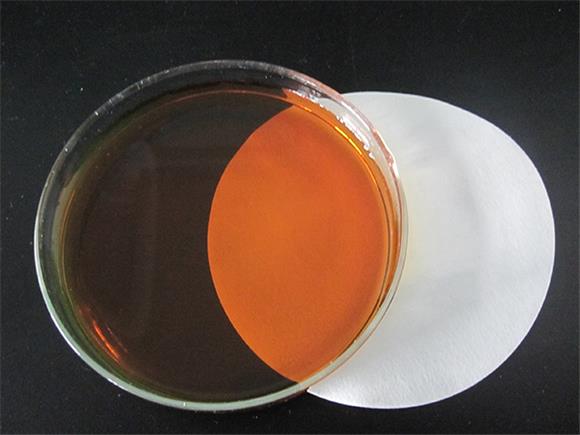
News
نوفمبر . 09, 2024 08:00 Back to list
Food Industry Manufacturers of Chelating Agents for Enhanced Product Quality
The Role of Chelating Agents in the Food Industry
Chelating agents play a crucial role in the food industry, serving as essential components in food preservation, quality enhancement, and safety. These compounds are capable of binding metal ions, thus preventing their adverse effects on food products. In recent years, the demand for high-quality, safe, and nutritious food has propelled the use of chelating agents in various applications within the food sector.
What are Chelating Agents?
Chelating agents, or chelators, are molecules that can form multiple bonds with a single metal ion. This characteristic allows them to tie up metal ions, making them unavailable to participate in undesirable reactions. Common divalent metal ions that chelators bind include iron, copper, manganese, and calcium. The binding of these ions can inhibit oxidation, reduce rancidity, and prolong the shelf-life of food products.
Applications in Food Preservation
One of the primary applications of chelating agents in the food industry is in the preservation of food. Metal ions, particularly iron and copper, can catalyze oxidation reactions that lead to spoilage and the deterioration of flavor, color, and nutritional value. Chelators such as ethylenediaminetetraacetic acid (EDTA) are widely used to bind these metal ions, effectively slowing down the oxidation process and maintaining the quality of food products.
Moreover, chelating agents are utilized in the formulation of dairy products, canned vegetables, and fruit juices to enhance their stability and shelf-life. By preventing metal-catalyzed spoilage reactions, these agents contribute to a reduced need for chemical preservatives and promote the use of natural ingredients, aligning with consumer trends toward healthier food options.
chelating agent in food industry manufacturer

Improving Nutritional Value
In addition to preservation, chelating agents can also enhance the bioavailability of certain nutrients in food products. For instance, iron is an important nutrient that is often poorly absorbed due to the presence of other metal ions and phytates in food. By using chelators, manufacturers can create iron-chelated compounds that enhance the absorption of iron in the human digestive system. This application is particularly significant in fortified foods aimed at combating nutritional deficiencies in vulnerable populations.
Safety and Regulatory Considerations
While chelating agents offer numerous benefits, their use in the food industry is subject to rigorous safety assessments and regulations. Regulatory bodies such as the U.S. Food and Drug Administration (FDA) and the European Food Safety Authority (EFSA) evaluate the safety of these compounds to ensure they do not pose health risks to consumers. Manufacturers must adhere to guidelines for the types and concentrations of chelating agents used in food products, which helps maintain public trust in food safety.
Market Trends and Future Outlook
The market for chelating agents in the food industry is expected to experience steady growth in the coming years. With increasing consumer awareness of food safety and nutrition, manufacturers are likely to invest more in research and development to discover new chelating agents and innovative applications. Natural chelators derived from plant sources are gaining popularity as consumers seek cleaner labels and sustainable food options.
In conclusion, chelating agents are indispensable in the food industry, significantly contributing to food preservation, quality improvement, and nutritional enhancement. As the food landscape continues to evolve, the importance of these agents will only grow, highlighting the need for manufacturers to embrace new technologies and adhere to safety regulations to meet consumer demands and ensure public health.
-
Polyaspartic Acid Salts in Agricultural Fertilizers: A Sustainable Solution
NewsJul.21,2025
-
OEM Chelating Agent Preservative Supplier & Manufacturer High-Quality Customized Solutions
NewsJul.08,2025
-
OEM Potassium Chelating Agent Manufacturer - Custom Potassium Oxalate & Citrate Solutions
NewsJul.08,2025
-
OEM Pentasodium DTPA Chelating Agent Supplier & Manufacturer High Purity & Cost-Effective Solutions
NewsJul.08,2025
-
High-Efficiency Chelated Trace Elements Fertilizer Bulk Supplier & Manufacturer Quotes
NewsJul.07,2025
-
High Quality K Formation for a Chelating Agent – Reliable Manufacturer & Supplier
NewsJul.07,2025
